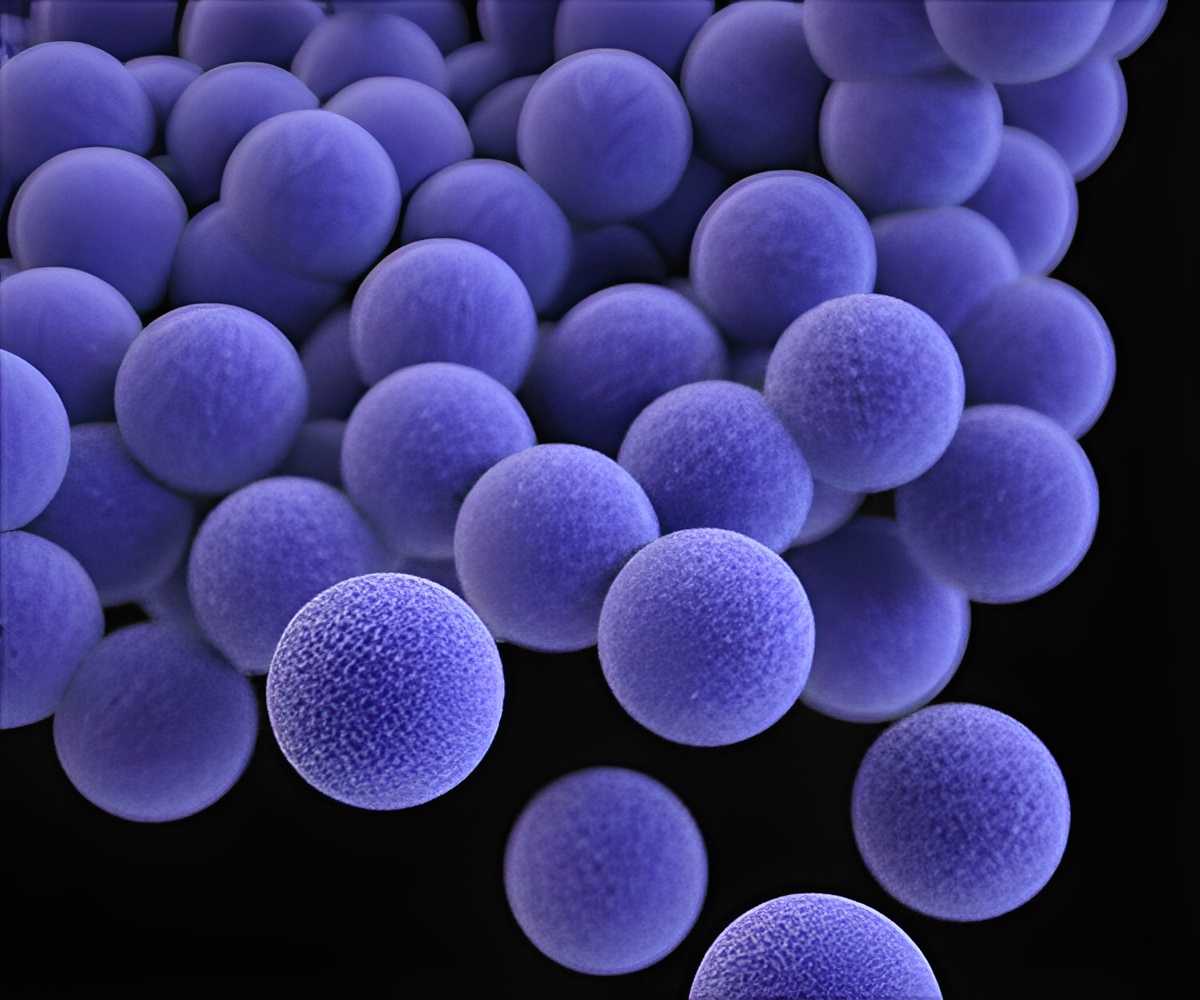
Scientists assumed that individual cells divide as they learned that populations of bacteria grow exponentially, doubling in mass at regular time intervals.
This hypothesis was proved incorrect by a group of scientists led by Suckjoon Jun of the University of California-San Diego, Petra Levin, PhD, associate professor of biology in Arts & Sciences at Washington University in St. Louis.
"Even though on average it is true that mass doubles, when you look at individual cells it becomes apparent that something else is going on" Levin said.
Instead of examining populations of cells growing in a flask or test tube, the Jun group instead used a microfluidics device called a 'mother machine' to follow hundreds of thousands of individual cells from birth to division.
They found that each cell added the same volume rather than doubling in size every generation. Crucially a cell that was small added the same volume as a cell that was large.
Advertisement
"This study really shows how new technologies, in this case the development of the 'mother machine' to visualize single bacteria in real time, can lead to new and unexpected answers to old problems," Levin said. "Pinning down the growth rule is important, because it provides clues to the underlying biochemical mechanism that ultimately controls growth. The mechanism is probably essential or nearly so and thus good target for new antimicrobials" she said.
Advertisement
Source-Medindia









